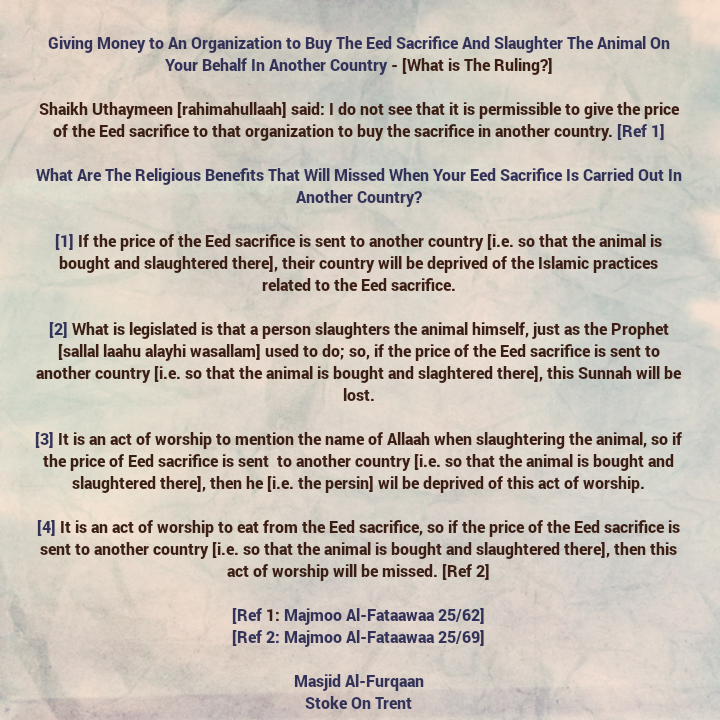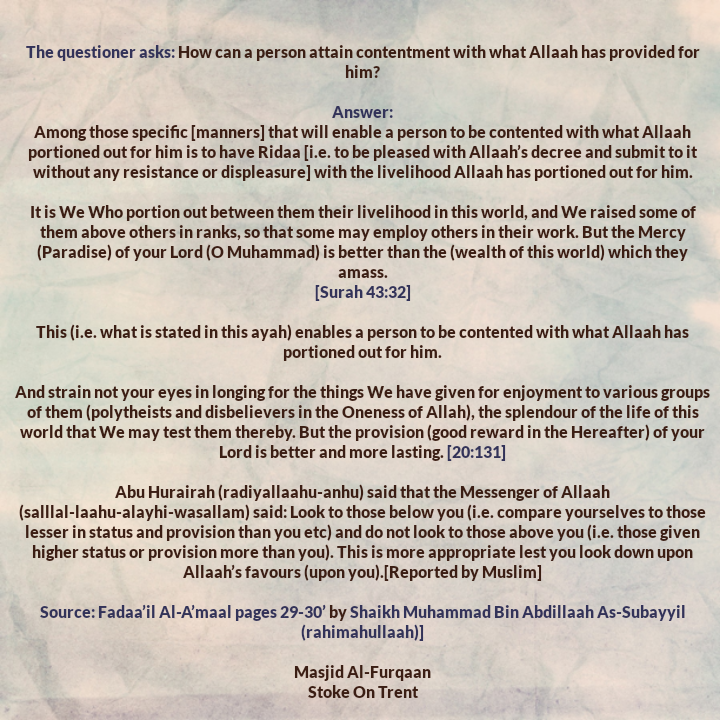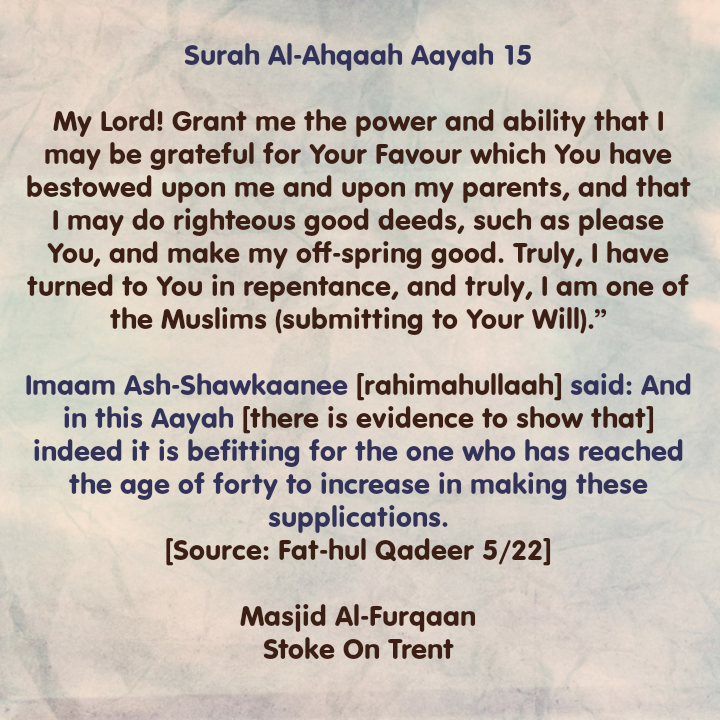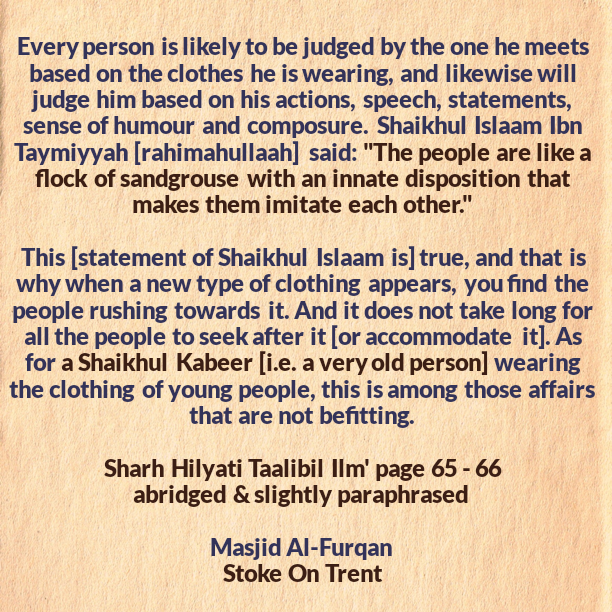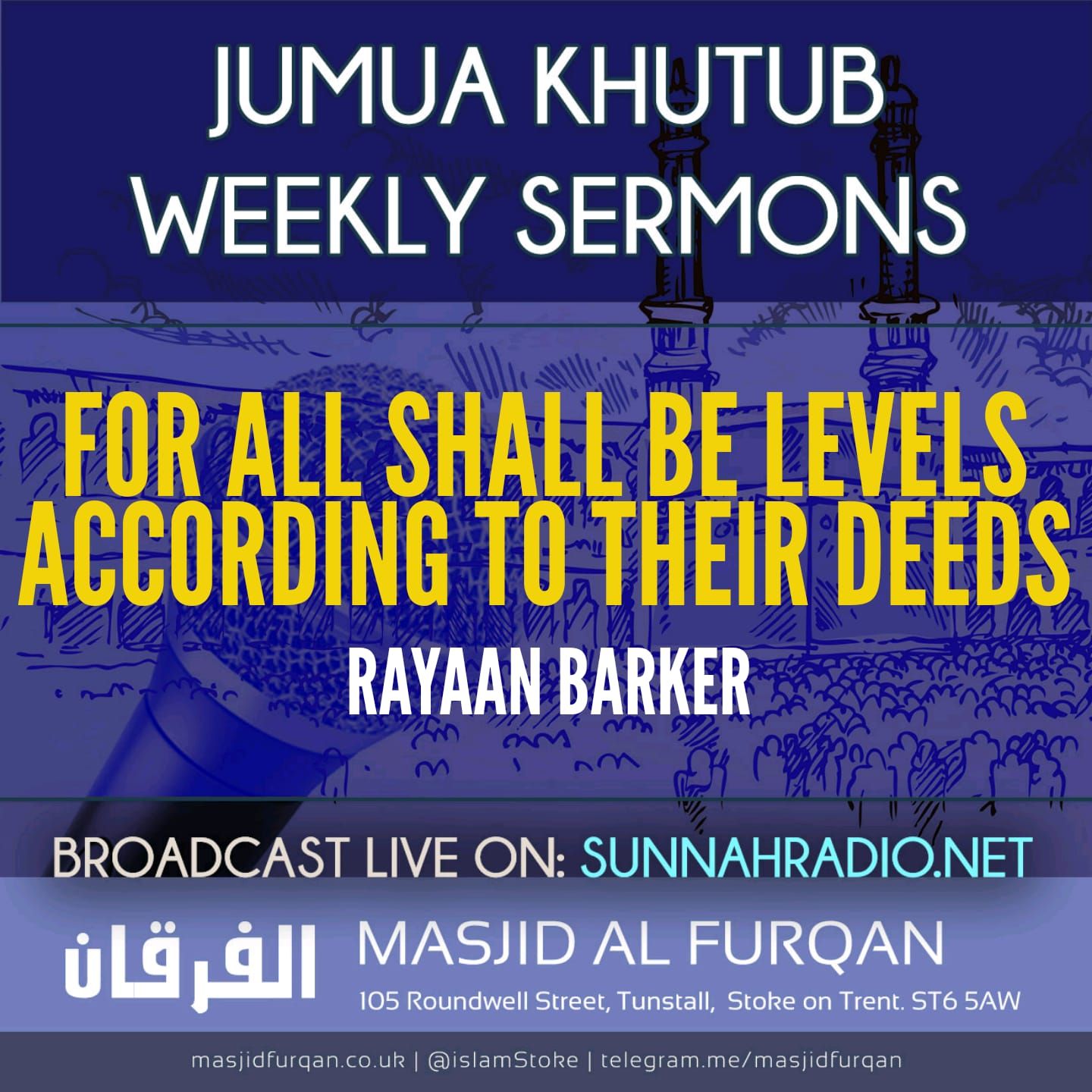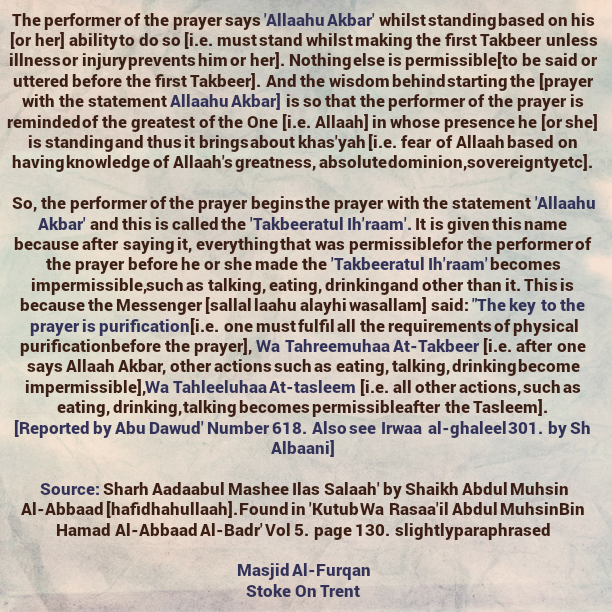[1] The Ruling On ‘Sending Your Personal Eed Sacrifice Abroad’ – By Shaikh Uthaymeen [rahimahullaah]
In The Name of Allaah, The Most Merciful, The Bestower of Mercy
Giving Money to An Organization to Buy The Eed Sacrifice And Slaughter The Animal On Your Behalf In Another Country – [What is The Ruling?]
Shaikh Uthaymeen [rahimahullaah] said: I do not see that it is permissible to give the price of the Eed sacrifice to that organization to buy the sacrifice in another country. [Ref 1]
What Are The Religious Benefits That Will Missed When Your Eed Sacrifice Is Carried Out In Another Country?
[1] If the price of the Eed sacrifice is sent to another country [i.e. so that the animal is bought and slaughtered there], their country will be deprived of the Islamic practices related to the Eed sacrifice.
[2] What is legislated is that a person slaughters the animal himself, just as the Prophet [sallal laahu alayhi wasallam] used to do; so, if the price of the Eed sacrifice is sent to another country [i.e. so that the animal is bought and slaghtered there], this Sunnah will be lost.
[3] It is an act of worship to mention the name of Allaah when slaughtering the animal, so if the price of Eed sacrifice is sent to another country [i.e. so that the animal is bought and slaughtered there], then he [i.e. the persin] wil be deprived of this act of worship.
[4] It is an act of worship to eat from the Eed sacrifice, so if the price of the Eed sacrifice is sent to another country [i.e. so that the animal is bought and slaughtered there], then this act of worship will be missed. [Ref 2]
___________________________________________
[Ref 1: Majmoo Al-Fataawaa 25/62]
[Ref 2: Majmoo Al-Fataawaa 25/69]
